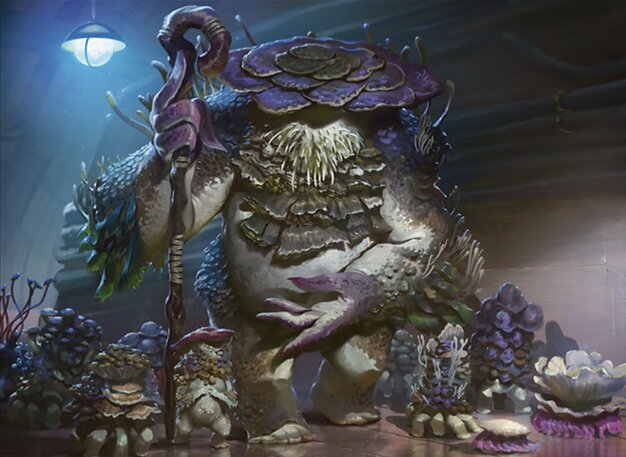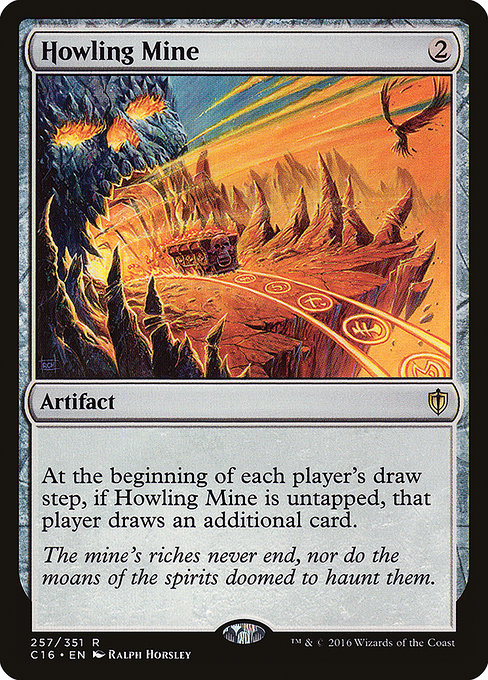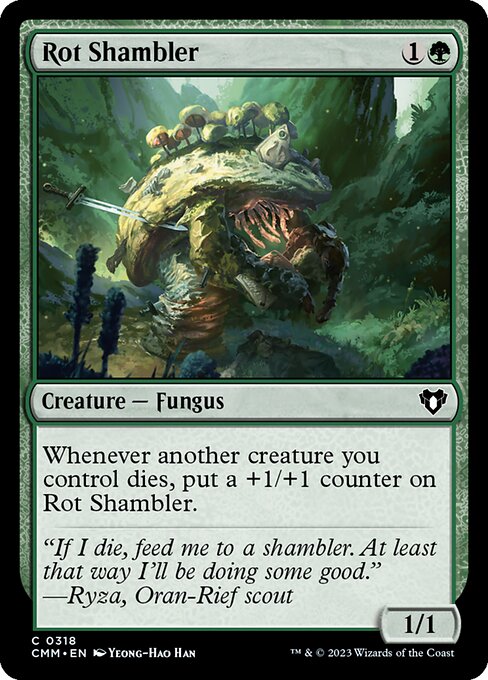Deck & Commander Strategies

Phenax, God of Deception
Mill opponents by tapping creatures with high toughness to force discards from their libraries, eventually winning by decking them.

Slimefoot, the Stowaway
Generate saprolings and leverage death triggers to drain opponents' life while growing a board presence, winning through attrition and poison.

Jasmine Boreal of the Seven
Play creatures without abilities, often face-down, to bypass blockers and attack unimpeded, winning through evasive combat damage.

Karona, False God
Create chaos by forcing sacrifices and passing Karona to opponents, disrupting their plans and leveraging multiplayer politics to gain advantage.
Gameplay Insights
- 1
The use of Howling Mine accelerated card draw for multiple players, significantly increasing options and complexity.
- 2
Jasmine Boreal's ability to make creatures without abilities unblockable was exploited with face-down creatures, allowing surprise attacks and evasion.
- 3
Slimefoot's saproling generation and death triggers created a steady pressure on opponents, forcing them to respond or lose life consistently.
- 4
Karona's unique mechanic of passing between players introduced an unpredictable element, affecting combat decisions and board state control.
- 5
Early ramp spells like Cultivate and mana fixing were crucial for the five-color Karona deck to stabilize and execute its game plan.
Notable Cards
-

Phenax, God of Deception
-

Slimefoot, the Stowaway
-

Jasmine Boreal of the Seven
-

Karona, False God
-

Howling Mine
-

Cultivate
-

Rot Shambler
Gameplay Summary
The game began with players developing their mana bases and setting up early board presence.
Logan piloting a blue-black Demir Mill deck focused on milling opponents' libraries by exploiting Phenax's ability, which mills based on creature toughness.
Gramps played an aristocrats-style deck led by Slimefoot, the Stowaway, generating saprolings and draining life whenever creatures died.
Chillybin utilized Jasmine Boreal of the Seven to leverage face-down creatures that can't be blocked by creatures with abilities, aiming for evasive, unblockable attacks.
Meanwhile, the Karona, False God deck sought to create chaos by forcing players to sacrifice creatures and engage in politically charged gameplay due to Karona's ability to be passed around the table.






















![Budget Brews from Dominaria United [Commander VS 307] | Magic: the Gathering Commander Gameplay thumbnail](https://i.ytimg.com/vi/sdB8Qr2w2Go/sddefault.jpg)






![Commander VS S13E5: ??? vs ??? vs ??? vs ??? [EDH] thumbnail](https://i.ytimg.com/vi/6sqnH1IXwFY/sddefault.jpg)
![Commander VS S3E9: Nekusar vs Karona vs Xenagos vs Kiki-Jiki [MTG: Multiplayer] thumbnail](https://i.ytimg.com/vi/meqwIXTAv34/sddefault.jpg)







![Commander VS S13E7: Tolsimir Wolfblood vs Slimefoot vs Queen Marchesa vs Tajic [EDH] thumbnail](https://i.ytimg.com/vi/9vSts7GdaqU/sddefault.jpg)








